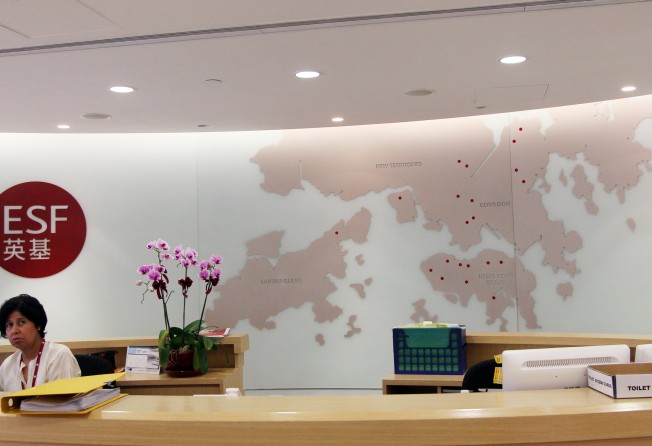Hong Kong's English Schools Foundation urges gifted pupils to think 'out of the box'

There is more to creativity than designing websites and pupils should think "out of the box" to progress, a programme coordinator at the English Schools Foundation said yesterday.
The ESF had strived to diversify its learning programme for gifted pupils in the past school year, said Asma Syed, gifted education coordinator of Renaissance College in Ma On Shan.
"Last year, we thought it was going a little bit stale, because all the groups were producing websites," she said. "So this year … we showed them a lot of videos on creativity to encourage them to think out of the box."
And the result at the programme's presentation event yesterday was a variety of different projects, from a food blog to scientific research by 27 gifted students from King George V School in Ho Man Tin, Renaissance College, Sha Tin College and West Island School.
Syed said the No Ceiling Project, introduced in 2012, aimed to open the minds of participants, from Year Seven to Nine, by providing early guidance. "We encourage them to truly know no ceiling," she said.
Gifted individuals generally refer to the top 2 per cent who intellectually surpass their peers, with an intellectual quotient of more than 130.
At ESF, Syed said, the pupils were chosen not based solely on this parameter but also by nominations from parents, teachers and peers.
She said the programme had been providing a platform for like-minded pupils to share their interests.
Sha Tin College pupil Anthony Chen Hao-ting has an IQ of 141, while his younger twin brother Raymond Chen Hao-lun, boasts a 138 IQ.
They showed their science project, involving ferrofluid, to teachers and parents yesterday. The fluid, composed of oil and tiny iron particles, is used in the aerospace and medical fields.
The brothers said the programme allowed them to talk to people with more common interests. Not only were they allowed to choose their own topic, they also appreciated the material support they were given.